The Government of Ghana has announced the development of a comprehensive National Forest Monitoring System to ensure transparency in Ghana’s resource extraction and trading.
According to the Lands and Natural Resources Minster, Samuel Abu Jinapor, the system will have both a human and remote sensing component that will be linked to the Cocoa Management System also being developed by the Ghana Cocoa Board.
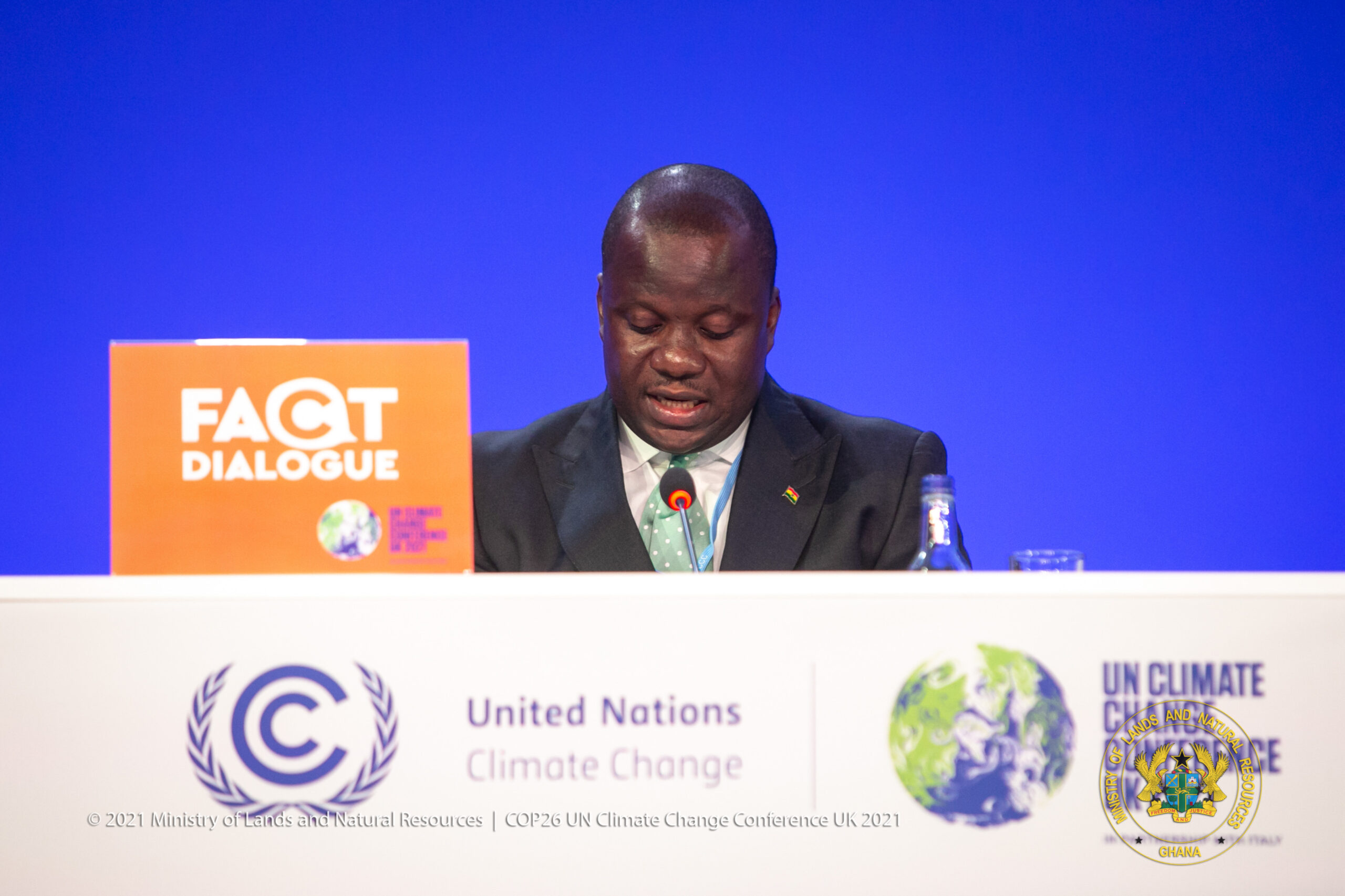
It will “have a full database of farm locations and farmers to channel the needed support appropriately and also have the right numbers in making provision for farmer resource allocation such as the Living Income Differential.”
When fully functional, the systems will be useful tools for industry and Government and be vehicles for accountability for different initiatives such as the Reducing Emissions through Deforestation and Degradation of Forests (REDD+) mechanism and the Cocoa and Forests Initiative.
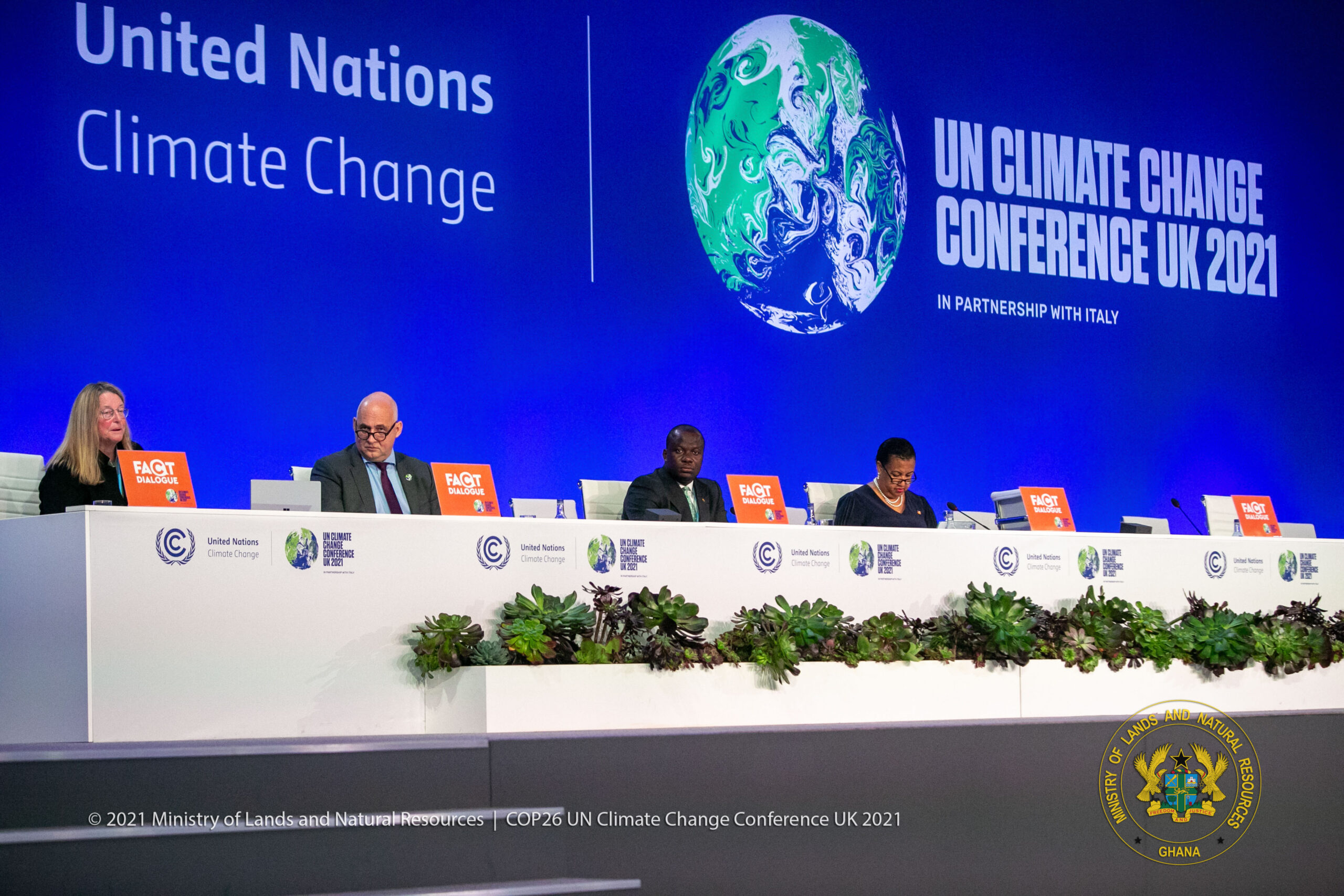
Mr. Jinapor made this observation in Glasgow on Saturday, November 6, 2021, at the United Nations’ (UN) Forest, Agriculture and Commodity Trade (FACT) dialogue.
The dialogue was in line with the Conference of Party’s (COP26) resolution to keep global warming at 1.5 degrees Celsius and to secure net-zero emissions by 2050 through reducing deforestation and degradation of the forest reserves.
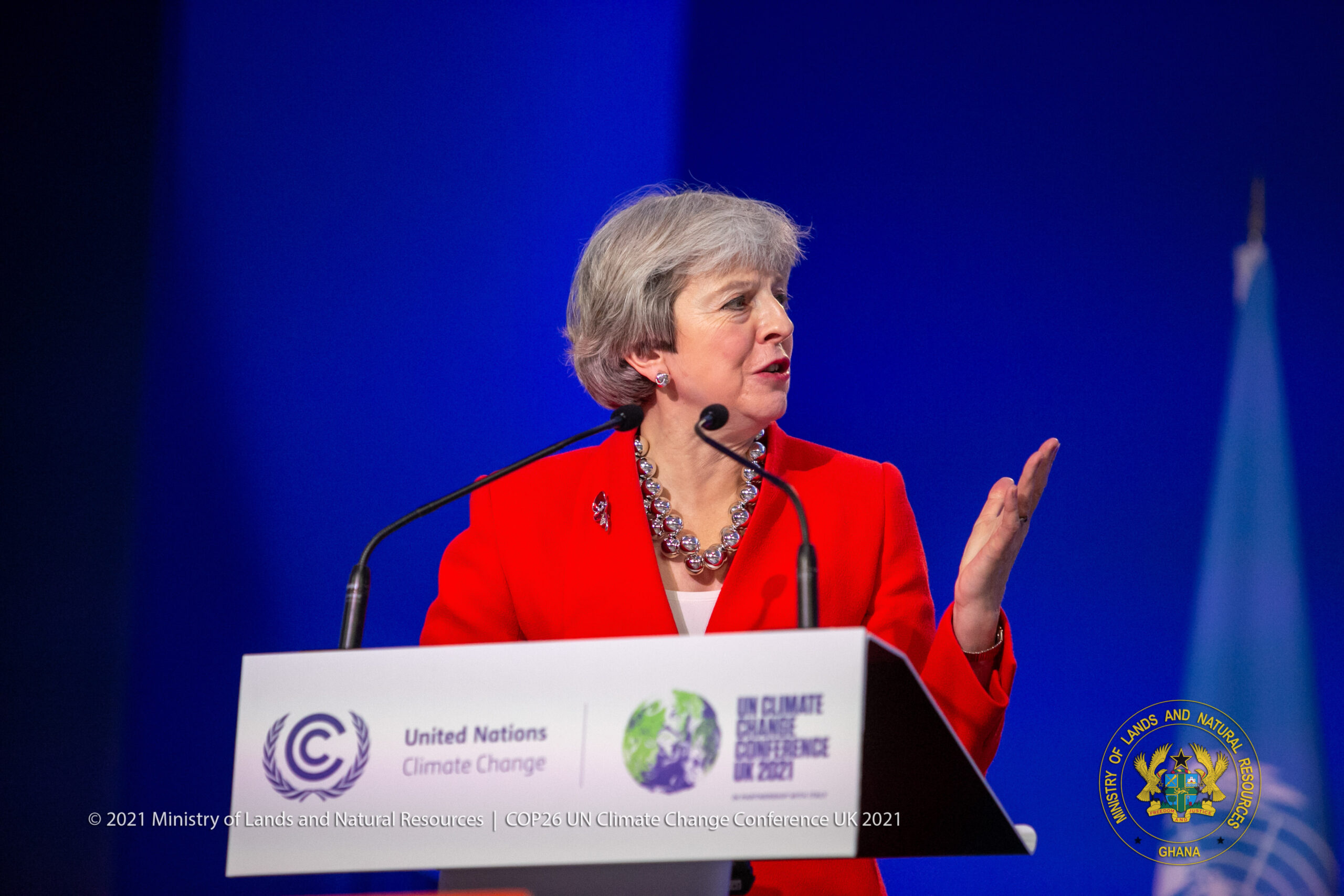
In the implementation of the programmes aimed at averting the negative impacts of climate change on the economies of the world, participating countries are expected to yield economic benefits.
Ghana for instance implemented two programmes, Ghana Cocoa Forest REDD+ Programme (GCFRP) and the Ghana Shea Landscape Emission Reductions Project (GSLERP).
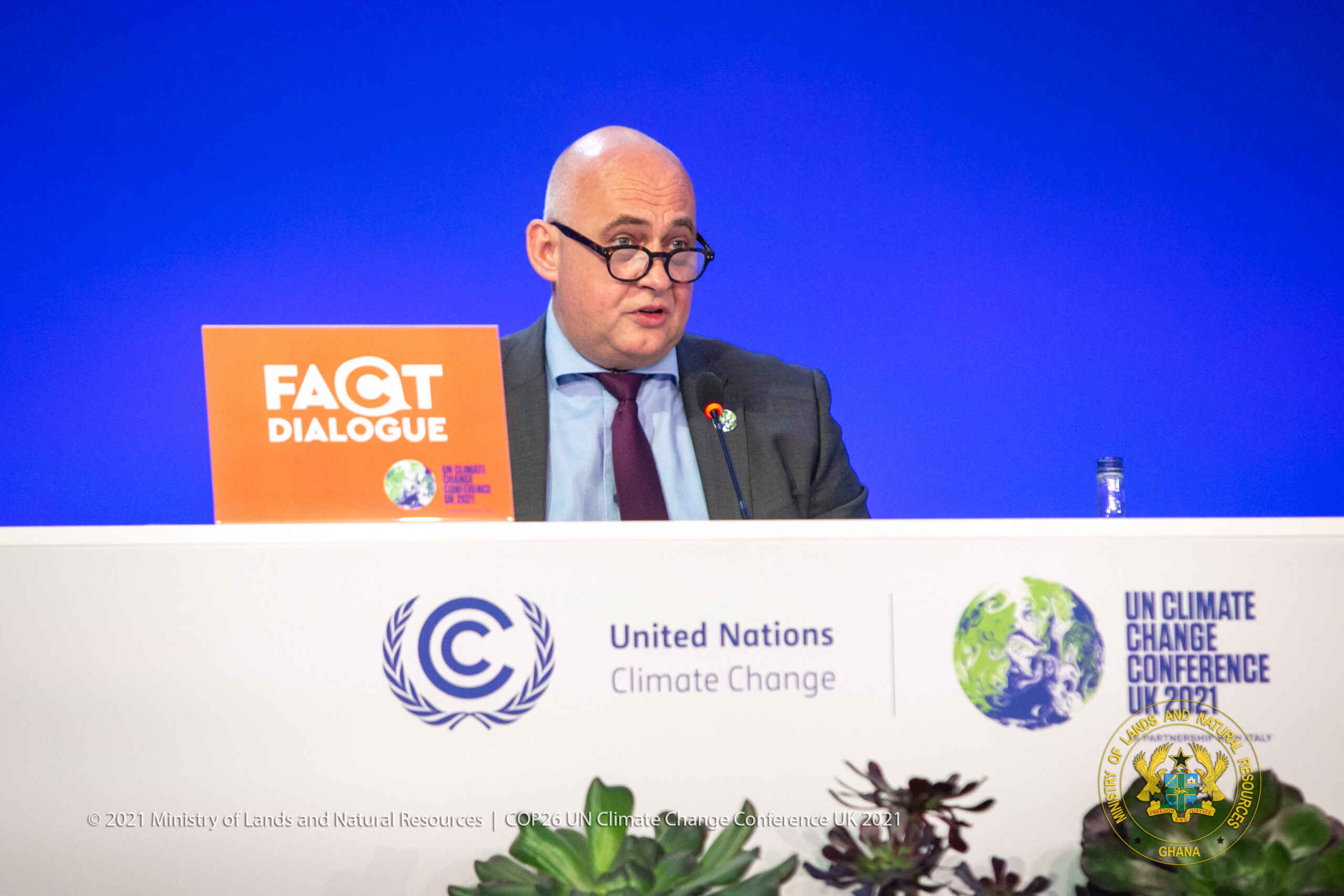
The programmes according to the Minister are to ensure “emission reductions in Ghana’s major commodity supply chains (cocoa in the South and shea in the North)” whilst securing both carbon and non-carbon benefits, and improving on livelihood opportunities for farmers, women groups and forest users in general.
However to ensure that these persons mentioned get what is due them, the need for a robust system to check activities of the stakeholders.
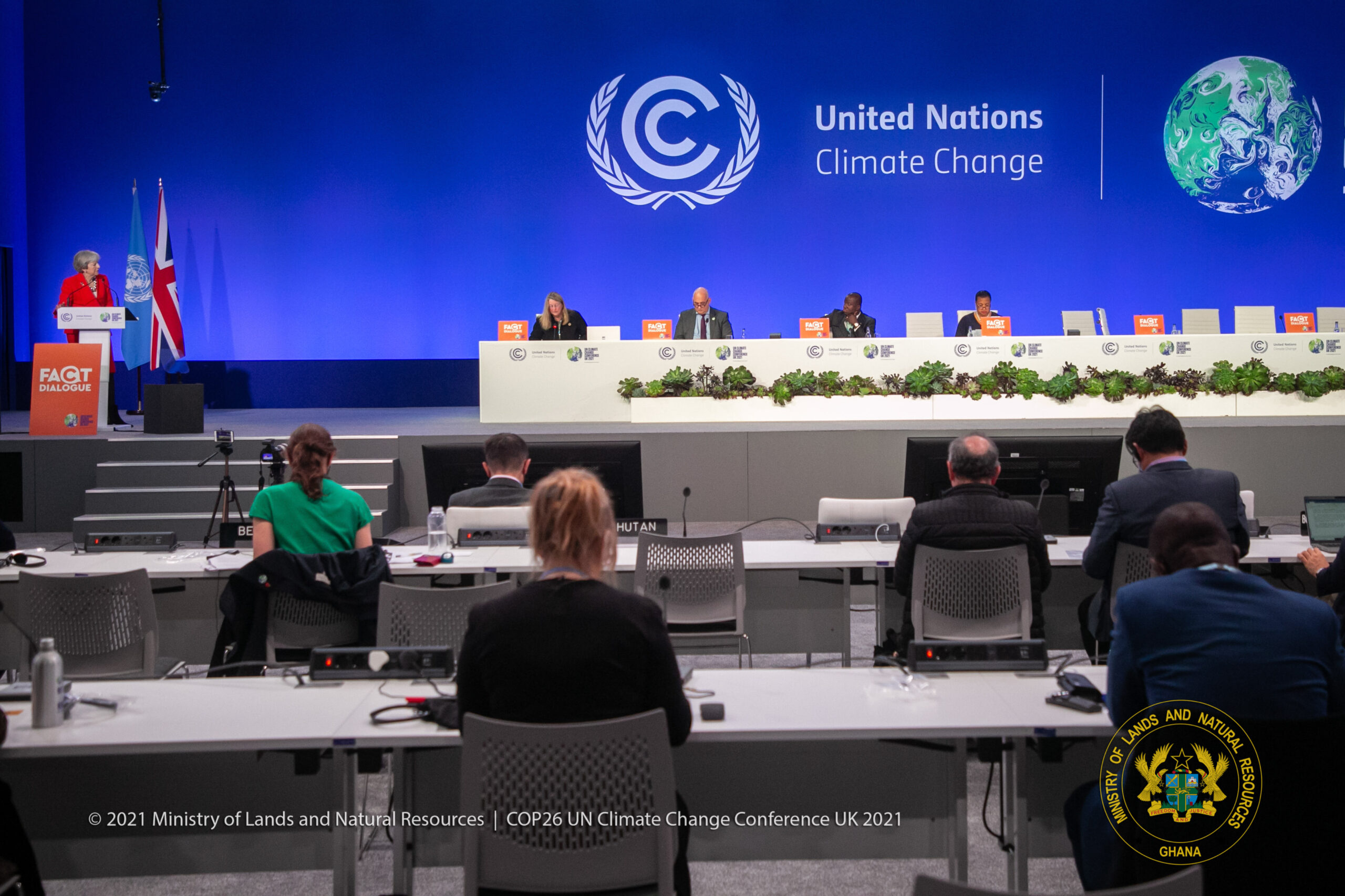
He fears that without such system in place, smallholder farmers may not receive the best value for their farm produce and Companies cannot vouch or guarantee green and sustainable supply chains in their trade and market engagements.
Also, the impact of Research and Development may not be comprehensively tracked and measured, and Forests could still be destroyed at the expense of agricultural production.








































































